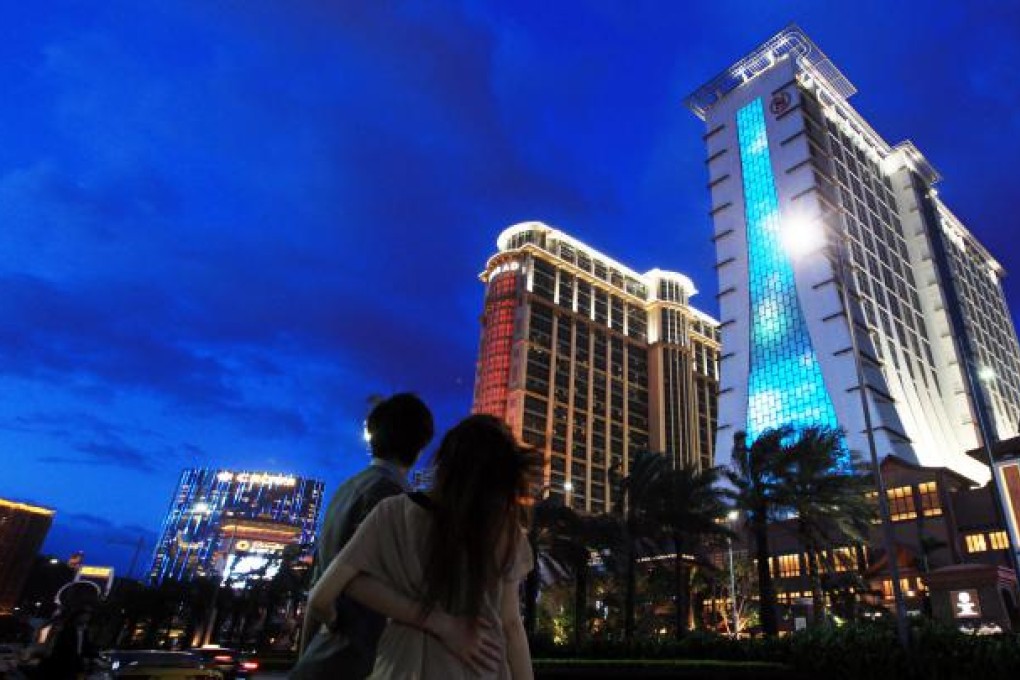Beds & betting
Macau's hospitality industry has seen fast, vast expansion, but does the new Sheraton Hotel complete a full house, asks Nadine Bateman

A man teeters on the edge of his seat staring intensely at a roulette wheel, his brow glistening. A few feet away, a group of middle-aged women clutch designer handbags and feed handfuls of coins into slot machines, while nearby a largely ignored troupe of dancers performs an elegant ballroom routine.
This is but another snapshot from one of Macau's vast casinos, which are swarming with visitors - 28 million of them last year, creating a record US$33.5 billion of revenue. Most come from the mainland, many are day-trippers and almost all come to gamble.
The transformation of the once sleepy former Portuguese colony into "Asia's Las Vegas" has been dramatic and swift, and just when you thought it couldn't get any bigger and glitzier, it gets bigger and glitzier.
In 2002, when the Macanese government ended the monopoly of the Sociedade de Turismo e Diversoes de Macau (STDM) - the syndicate fronted by tycoon Stanley Ho Hung-sun, who so thoroughly exploited the economic potential of gaming that he earned the nickname "The King of Gambling" - Sands China (a subsidiary of Las Vegas Sands) was quick to move in, creating Macau's first United States-style casino resort within two years.

The city is now reported to be four to five times bigger than its US cousin in terms of gaming revenue.
"I'm not sure anybody anticipated the first Sands property would do as well as it did," says Tracy. "The wild success of that first project provided the company with the financial wherewithal to move on to our chairman's next vision, which was the Cotai Strip. It became apparent there was tremendous pent-up demand."